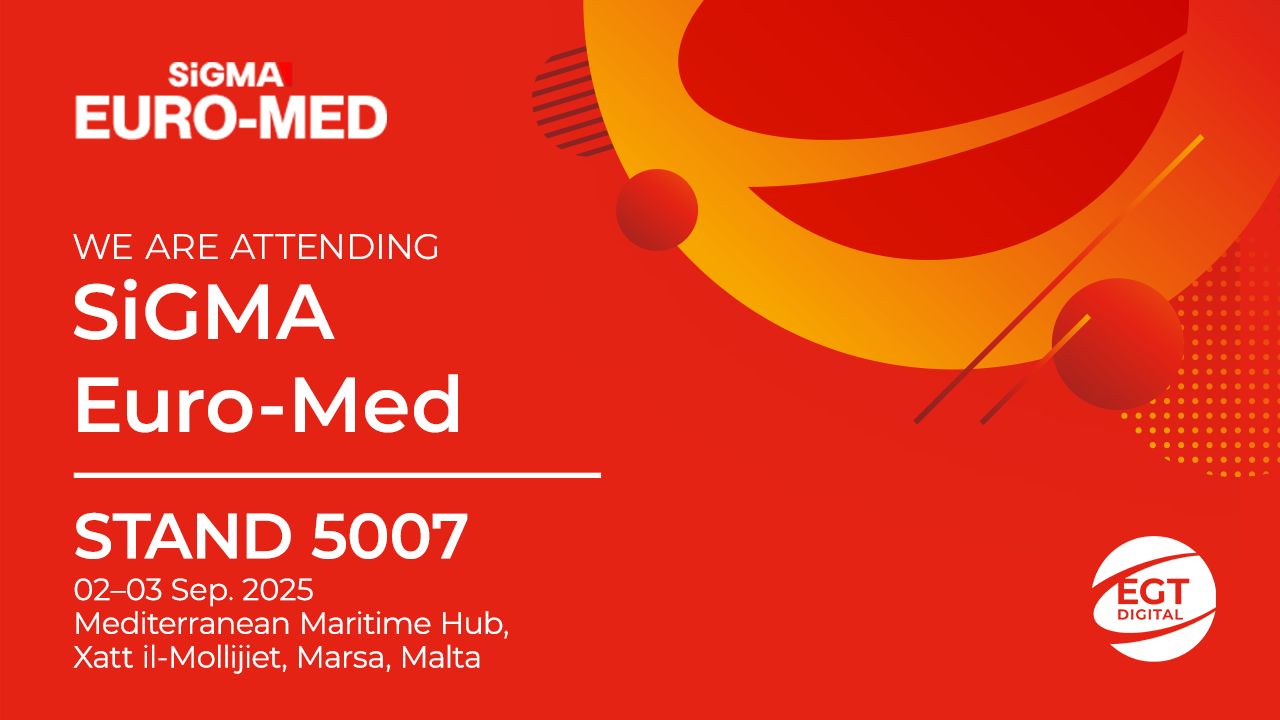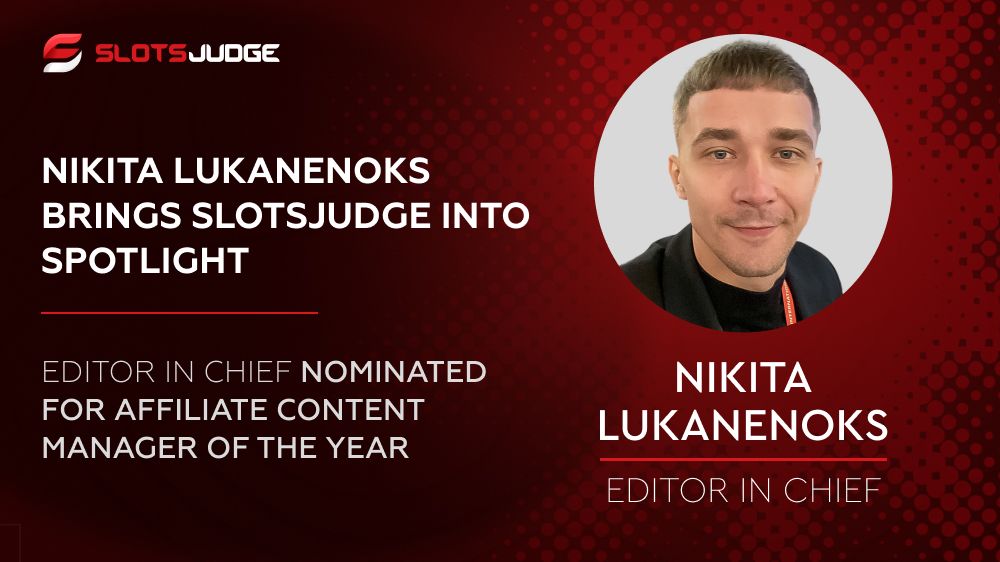Balkans
In Montenegro, a Controversial Law Challenging the Fintech Future Prompts Legal Experts to React

Montenegro’s evolving digital landscape has been facing a significant hurdle with the introduction of Article 68f of the Gambling Law since the beginning of 2024. Legal experts, spearheaded by the prestigious law firm Schoenherr, have also raised concerns over the provision’s controversial nature and reminded on the constant scrutiny of the market participants regarding the risks to of the Article 68f to stifle not only the gaming industry but also jeopardize the expansion of Montenegro’s fintech sector.
Schoenherr’s Legal Scrutiny of Article 68f
The amendment, aimed at regulating online betting transactions, restricts funding the online accounts payments to cash in physical premises or through traditional payment cards, excluding a wide array of digital banking – e-banking and mobile banking solutions.
Delving into the entire problematic of Montenegro’s subject legal landscape, Schoenherr has conducted a thorough examination of the recent amendments to the Gambling Law, with a keen focus on the widely debated Article 68f. They reminded on a significant concern from market participants as well as on their massive response, in light of petition with over 25,000 signatures gathered and various legal initiatives initiated aimed at its repeal and constitutional review. Schoenherr underscored the depth of the controversy surrounding the new legislative measures and their impact on the online gaming sector in Montenegro.
Industry and Public Backlash
The introduction of Article 68f has not gone unnoticed by the market’s stakeholders, eliciting a strong response from gaming organizers who view the measure as unjustified and potentially illegal. A significant mobilization effort led to the initiation of a petition that garnered over 25,000 signatures, demonstrating widespread opposition to the law. This public outcry resulted in formal initiatives being submitted to both the Montenegrin Parliament and the Constitutional Court to challenge the provision’s legality and constitutionality.
Awaiting a Resolution
As the legal and public spheres await the competent authorities’ decision on these initiatives, the uncertainty surrounding Article 68f raises pressing questions about the future of digital innovation and consumer rights in Montenegro. The law firm’s analysis highlights a pivotal moment for the country, as it grapples with balancing regulatory objectives with the need to foster a competitive and inclusive digital economy.
The Broader Implications for Montenegro’s Fintech Industry
Beyond the immediate concerns for the gaming sector, the law’s restrictions on digital payment methods signal a potential setback for Montenegro’s fintech ambitions. In an era where digital financial services play a critical role in economic development, restrictive measures like Article 68f could deter innovation and investment in this crucial sector. The legal analysis by Schoenherr serves as another alarm-bell-call for a reevaluation of the law, urging policymakers to consider the long-term impacts on the country’s digital and financial landscape.
-

 Africa5 days ago
Africa5 days agoQTech Games wins Best Innovation of the Year at the 2025 SBWA+ Eventus Awards
-

 Asia5 days ago
Asia5 days agoNODWIN Gaming and JioStar Unveil OnePlus Android BGMS Season 4
-

 Latest News5 days ago
Latest News5 days agoVindral appoints Henrik Fagerlund as Chairman of the Board
-

 Latest News5 days ago
Latest News5 days agoCalema to Perform at Legends Charity Game in Lisbon
-

 Conferences in Europe5 days ago
Conferences in Europe5 days agoEGT Digital and EGT to rock the show at SiGMA Euro-Med 2025
-

 Latest News5 days ago
Latest News5 days agoPush Gaming redefines its portfolio, unveiling new game categories and sub-brand for extended player reach
-

 Affiliate Industry5 days ago
Affiliate Industry5 days agoNikita Lukanenoks Brings Slotsjudge Into Spotlight With Affiliate Leaders Awards 2025 Nomination
-

 Latest News5 days ago
Latest News5 days agoThunderkick returns for an even fierier fiesta in Carnival Queen 2






























